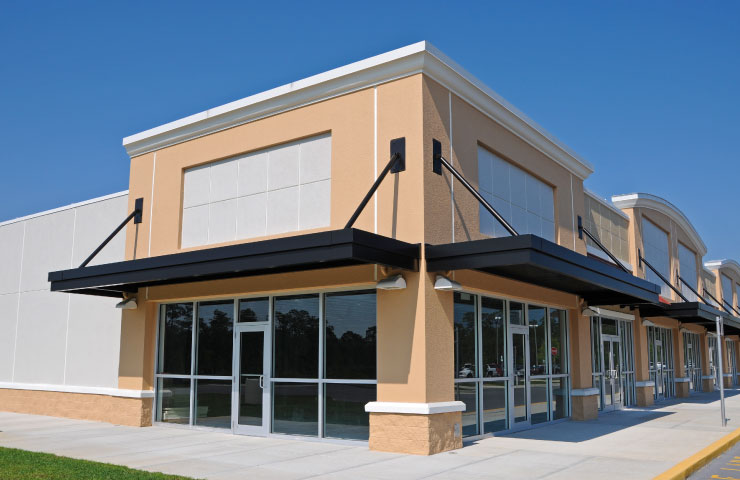
Buying commercial real estate can be a significant milestone for any business and can significantly increase its value. However, a commercial real estate transaction can be a very complex path to navigate. Here are some things to consider when buying commercial real estate.
1. Assembling the Right Team
You will want to have a commercial real estate agent, to help identify the right property for you; a banker, to secure the financing; an accountant, to prepare the necessary financial information; an insurance broker, to secure the necessary insurance coverage; and a real estate attorney to prepare and negotiate the purchase contract, lead the due diligence process, assist with preparing the requested items for financing, and prepare the documents needed for closing.
2. Locating the Property
Once you have your team in place, you will work with your real estate agent to identify properties for sale that address your business’s needs; whether that’s being the right location for your customers; having the right layout/square footage to grow; being near other businesses in the supply chain; or all the above. You should also work with your banker to start the financing process.
3. Negotiating the Contract
Once you have identified a potential property, you will work with your real estate agent and attorney to prepare and negotiate the offer. Of course, price will be the main issue for both you and the seller, but you also need to consider other terms. You want to ensure the contract provides enough time to complete due diligence (see below) and to provide all the information and documents required by your lender to secure a loan.
4. Conducting Due Diligence
After the contract has been negotiated and executed, you will begin the due diligence period. This period (usually 60 to 90 days) gives you the time to take a deeper dive into the property. Your attorney will take the lead on requesting and reviewing the pertinent information on the following matters:
• An inspection of the physical property;
• A title search: to determine if there are any liens or encumbrances on the property that could affect your right of ownership;
• An environmental inspection: to determine if there are any hazardous materials or other environmental issues with the property;
• A review of the property’s permit history to determine if there are any open permits or possible building code violations; and
• A review of the applicable zoning code to verify you will be able to legally operate your business at the property.
5. Securing Financing
While the due diligence period is occurring, you will also need to work with your banker to finalize all the items necessary for your loan. This can include providing tax returns for the last two to three years, current profit and loss statements, financial projections, and an environmental report for the property. You will work with your accountant and attorney to prepare these, and any other documents requested by your banker.
6. Closing
Once due diligence is complete and financing is secured, your attorney will prepare all the necessary documents to close. You will also work with your insurance broker to have all the necessary insurance coverages lined up to take effect at the moment of closing. Upon closing, you and seller will execute the closing documents and you will get the keys to your new property. And, you will now be ready to embark on the next exciting chapter for your business.
At Ser & Associates we regularly assist our clients in the purchase of commercial real estate. If you are ready to purchase your commercial property please contact us at 305.222.7282 or Info@Ser-Associates.com.
Also, please be sure to visit us at www.Ser-Associates.com and follow us on Instagram, Facebook, and/or LinkedIn to learn more about how we can assist you and your business!
